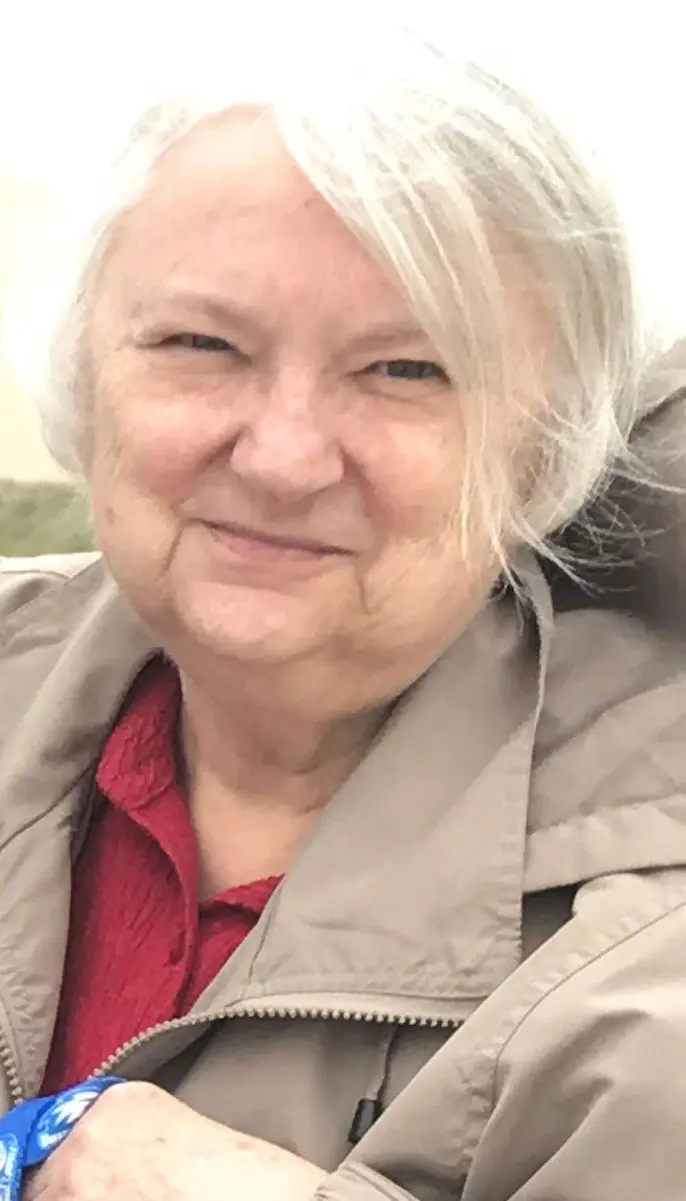Cheryl ’66 and Paul ’64 Katen met in Lydon Library. She was studying plastics technology. He was studying physics.
Not surprisingly, their first gift to UMass Lowell, in 2011, was $230,000 to create a student study space in the library.
“I adore libraries. I read a lot of books,” Cheryl says. “We spent a lot of time in that library as undergrads. For me, the most relaxing thing I could do when I was tense was to go to the stacks and browse.”
After the Katens married, their careers took them across the country. Cheryl ended up at Hewlett Packard as “the queen of inkjet,” she says. As a research and development manager, she oversaw the development of the first inkjet printer and designed later refinements. She went on to become profit and loss manager for the Photosmart division.
After working at Pratt & Whitney on reducing the visible particles in jet engine exhaust, Paul went back to school at Colorado State University for his Ph.D. in atmospheric science. He then worked as a research associate at Oregon State University, where he continued to study air pollution, especially particulates.
Now the Katens have retired on the Oregon coast. But distance hasn’t diminished their loyalty and appreciation for the educations they gained at UMass Lowell.
“The fundamentals I learned at Lowell gave me the skills to tackle anything they asked me to do,” Cheryl says. “I learned how to learn.”
In 2017, the Katens agreed to donate $300,000 to set up the Cheryl Vasey ’66 and Paul Katen ’64 and Families Endowed Scholarship Fund. The fund benefits science and engineering students, with preference given to women and members of other groups that are underrepresented in those fields.
Paul, who grew up in Methuen, Massachusetts, says he appreciated living and learning in an ethnic “melting pot.” He also saw how hard his wife had to fight for professional success in a field dominated by men.
“Now, the university serves a larger and more diverse population of people,” he says. “We hope the scholarship helps give these students just a little bit of a leg up.”
The Katens are funding the scholarship by donating the required minimum distribution they get from their tax-deferred retirement accounts each year – a method they highly recommend to other alumni. While they remain healthy and don’t need the money, they plan to keep on giving.
“It’s a very easy way to do it, and it has tax benefits, too,” Cheryl says.
“Most people who have had good careers due to the educations they received can do this,” Paul says. “Besides, it’s a great feeling to give back by creating a scholarship.”


